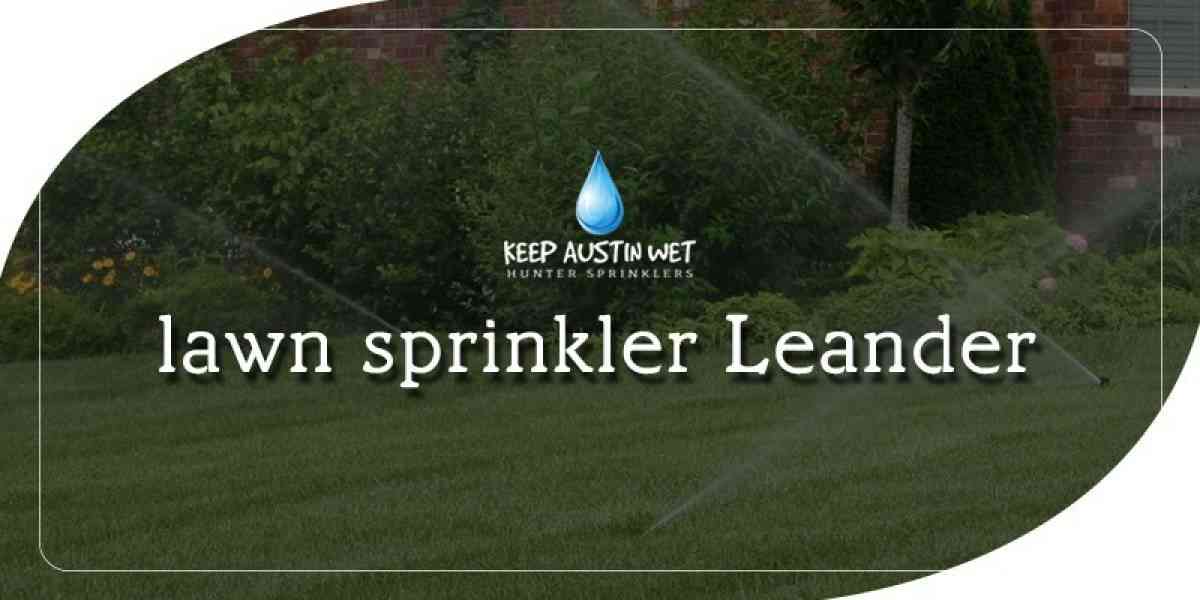How To Protect Your Sprinklers In Winter?
- - Category: Landscaping
- - 11 Aug, 2022
- - Views: 83
- Save

Since you’ve invested a considerable amount in getting the sprinkler system installed.
Winter gets us worried before its arrival, and we start stacking up warm clothes beforehand. When it takes such preparation to save ourselves from the chilled breeze and snowfall, our sprinkler systems also need care and maintenance. Since you’ve invested a considerable amount in getting the sprinkler system installed, we bet you’d want it to last for years.
For that to happen, you need to take extra care during winters. Else, it might get damaged before you know it. If this is your first time getting a sprinkler system installed and you do not know the appropriate measures to take to ensure its longevity, read on to know the secret.
- Insulate
The first and foremost thing to do is cut off the water supply to the sprinkler system. Wrap up the main turn-off valve of the sprinkler system with foam insulation tape and a plastic bag. This is done to prevent the system from freezing.
In case your system is fitted with a shut-off valve, get it installed from the nearest store of lawn sprinkler Leander. This prevents the entire system from getting damaged. Apart from that, any piping placed above the ground requires insulation.
- Bring things under control.
Sprinkler systems are equipped with an automatic timer that should be shut down. Some of the system controllers come with a "rain-mode" option that cuts off signals sent to valves without turning off power to the controller. As a result, the sprinkler system won’t run, but the controller remains ready to run.
Yet another precautionary measure you could take is to ensure that the wires are always connected to the master valve and the terminals removed. It reduces the risk of mistakenly activating the pump.
- Empty Pipes
Pipes tend to burst when water freezes and expands inside them. So, when winter arrives, it's important to ensure the pipes are without any water inside them. You can drain out water from the pipes in three ways:
- Using a manual drain valve
- Using a compressed air blow method
- Through an automatic drain valve
The task involves safety risks, which is why the job should be left at the hands of professional sprinkler services Leander. Plus, you possibly wouldn’t have the equipment needed to drain out the pipes at home.
- Protect the valves and backflow preventers
Any valves or backflow preventers protruding out from the ground require installation. The perfect thing to use is an insulation tape that'll keep the drain outlets and air vents free and clear without any blockage.
- Take out a Map
See the intensity of damage that cold weather can cause to your sprinkler system. Take out the frost line depth map and measure how far the ground can freeze on your premises. In case your pipes and valves lie below the frost line, you need to be cautious.
On the contrary, if your area falls under the umbrella of lower frost risk, you can continue irrigating your garden or lawn. Do not forget the fact that over-irrigation could lead to icy driveways and sidewalks. So, use the sprinkler system only if it is absolutely necessary.
Conclusion
Get in touch with your nearest expert of lawn sprinkler Leander to carve out a game plan for protecting your sprinkler system. The adverse impact of cold weather is not to be taken lightly. It'd end up damaging your entire sprinkler system. And it'd prove to be quite heavy on your pocket. So, it would also be best if you stick to the tips and tricks mentioned above.
